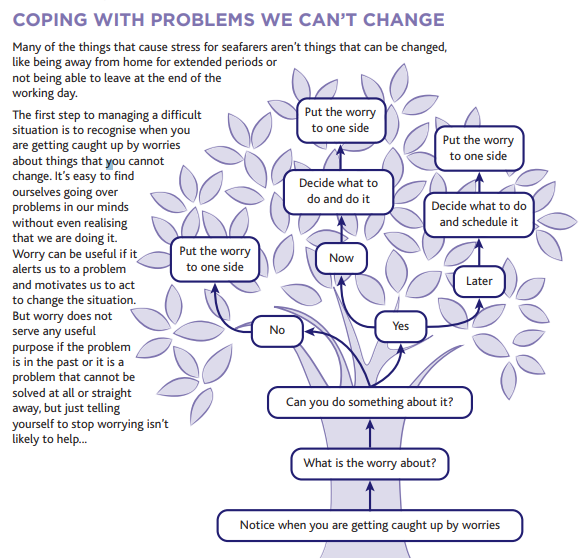A crisis is considered as the best resilience training; many people who face an unfortunate event, cannot even believe how strong they really are. Their power and a high level of perceived self-efficacy are brought to light when a crisis comes along.
These people manage to obtain a high level of optimism by considering that many stressful events cannot be averted from happening or in other words they realize that in life we can only ‘control the controllables’. Although this phrase is often used by athletes, many people are applying this concept in their daily lives.
In this regard, since we cannot avoid inevitable events, it is vital to change the way we interpret and respond to them. For example, we can’t control whether or not we may get an illness, but we can do everything possible to stay healthy. We can’t control the changes in job market, but we can be up-to-date with latest trends and evolve our knowledge to keep pace with new developments. And certainly, we can’t control everything that happens in the world, but we can control our attitude towards these.
In the face of crisis or tragedy, focusing our energy and thoughts on the valuable things around us and finding a new purpose in life can play an important role in our recovery. Involving in community, participating in meaningful activities may give us new motivation to respond. However, first and foremost, we need to be able to view the new situation in a realistic way and then set reasonable goals to deal with the problem.
This is why we need to be able to fight stress as a first step toward making the situation better and believing that better days will eventually come.
Manage what you can control or Don’t try to control the uncontrollable

The 4 A’s of Stress Management
Avoid: Take control of your life to avoid stress
- Plan ahead;
- Don’t take on more responsibility than you can manage;
- List your tasks in order of importance;
- Avoid people who stress you out.
Alter: Make changes in your daily life
- Express your feelings;
- Get yourself up and moving;
- Find balance between work and personal life;
- Be willing to compromise.
Adapt: Practice to manage stress and reduce frustration
- Reframe the situation;
- Adopt quotes in tough situations such as ‘this will pass’;
- Look at the big picture;
- Practice gratitude.
Accept: It is what it is, let go of the past
- Avoid negative self-talk;
- Focus on the positive;
- Learn from the past;
- Learn to forgive.
5 basic tips to fight stress
- Start a stress journal: Each time you feel stressed, keep track of it
- Get moving: Exercise releases endorphins that make you feel happy and distract you from worries
- Build relationships: A network of close friends can improve your resiliency to life’s stressors
- Laugh more: The act of laughing helps your body fight stress in a number of ways
- Focus on your breathing: practice Relaxation, Mindfulness and Controlled Breathing techniques




























































































































